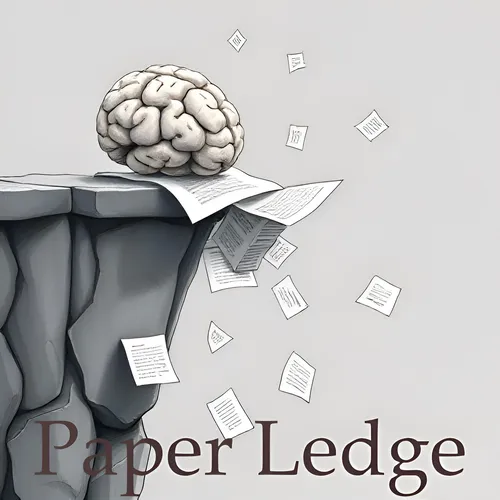Machine Learning - End-to-End Text-to-SQL with Dataset Selection Leveraging LLMs for Adaptive Query Generation
- Author
- ernestasposkus
- Published
- Mon 11 Aug 2025
- Episode Link
- https://www.paperledge.com/e/machine-learning-end-to-end-text-to-sql-with-dataset-selection-leveraging-llms-for-adaptive-query-generation/
Alright, Learning Crew, welcome back to PaperLedge! Today, we're diving into a fascinating piece of research that tackles a problem we've all probably faced in some form: trying to get computers to understand what we actually mean when we ask them something.
Imagine you're at a massive library, okay? And you want to find a specific book, but instead of using the card catalog (remember those?), you just yell out your question: "Find me books about space!" Now, the librarian, a super-powered AI in this case, has to figure out not only what you mean by "space," but also which section of the library – astronomy, sci-fi, history of space exploration – is most likely to have the answer you're looking for.
That's essentially what this paper is about. It's focused on something called "Text-to-SQL," which is all about teaching computers to translate our everyday language – our natural language queries or NLQs – into the language of databases, called SQL. SQL is how you ask a database for specific information. Think of it as the secret handshake to get the data you need.
Now, usually, Text-to-SQL systems assume they already know which database to query. But what if you have a whole collection of databases, each with tons of information? That's where things get tricky. This paper addresses that challenge head-on.
The researchers have come up with a clever three-stage approach. Here's the breakdown:
- Stage 1: The Rule Extractor. They use fancy Large Language Models (LLMs) – think of them as super-smart AI that can understand and generate text – to analyze your question and extract hidden information, or rules, that hint at which database you're interested in. So, if you ask "What's the launch date of the Apollo missions?", the LLM might realize you're likely interested in a database about space exploration, not a database about Greek mythology. It's like the AI is reading between the lines!
- Stage 2: The Database Identifier. This stage uses a special model called a "RoBERTa-based finetuned encoder" (don't worry about the jargon!). Basically, it's been trained to predict the right database based on both your original question and the rules extracted in Stage 1. This is where the magic happens – the system is figuring out the context of your query.
- Stage 3: The SQL Refiner. Finally, even if the system picks the right database, the initial SQL query it generates might not be perfect. So, they use what they call "critic agents" to check for errors and fine-tune the query, ensuring you get the most accurate results. Think of it like having a proofreader for your database requests.
Why does this matter? Well, imagine you're a business analyst trying to pull data from different departments' databases. Or a scientist searching for information across multiple research repositories. Or even just a regular person trying to find information from various online sources. This research makes it easier for anyone to access and use data, regardless of their technical skills. It breaks down the barrier between us and the vast amounts of information stored in databases.
The researchers found that their approach is better than existing methods at both predicting the correct database and generating accurate SQL queries. That's a big win for making data more accessible!
"Our framework outperforms the current state-of-the-art models in both database intent prediction and SQL generation accuracy."
So, some questions that pop into my head are:
- How easily could this framework be adapted to new, unseen databases? What would the setup process look like?
- Could this technology eventually be used to create a universal search engine that could understand complex questions and pull information from any database on the internet?
That's all for today's PaperLedge! Hope you enjoyed this deep dive. Until next time, keep learning!
Credit to Paper authors: Anurag Tripathi, Vaibhav Patle, Abhinav Jain, Ayush Pundir, Sairam Menon, Ajeet Kumar Singh
